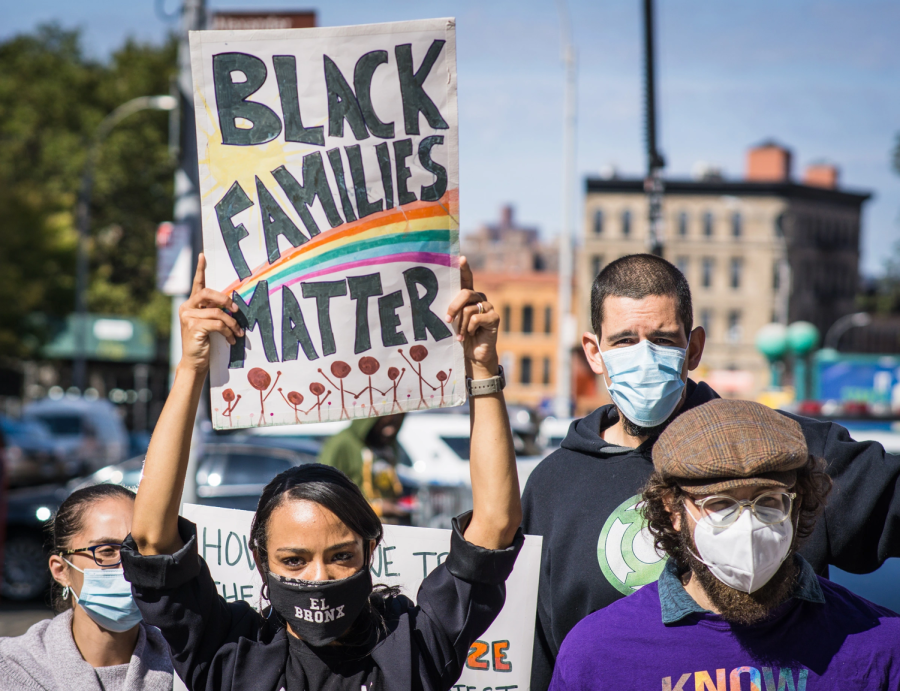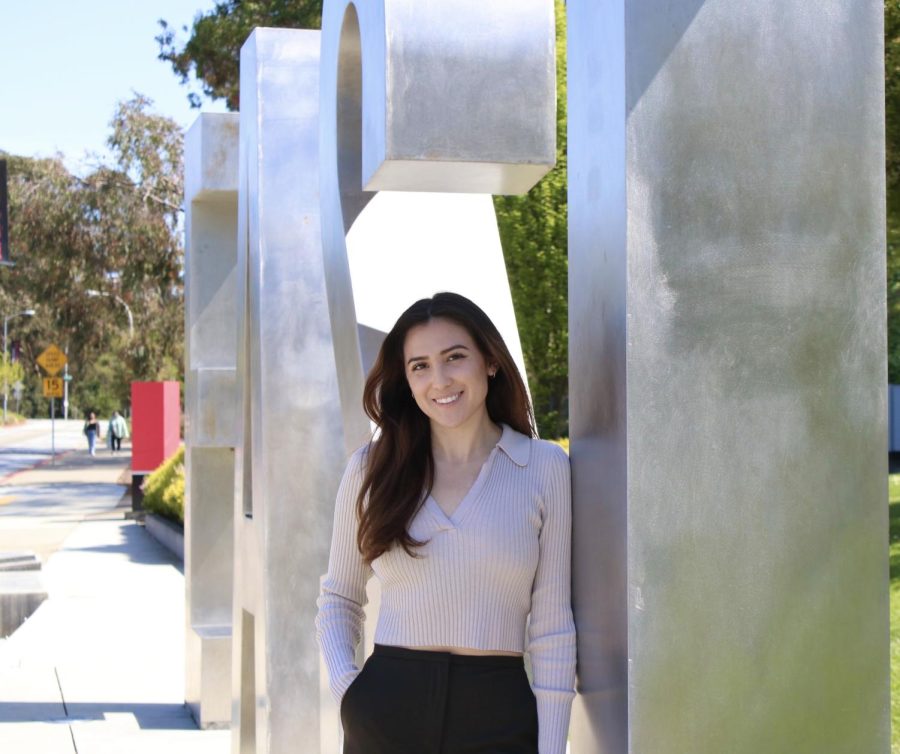As this election season comes to an end, whether we are happy with its outcome or not, it does place the issue of climate change in the spotlight.
Americans re-elected President Barack Obama. In the aftermath of the devastating Hurricane Sandy, which affected 13 states and two long-fought campaigns, it is time to move forward and continue the conversation about climate change and renewable energy that was part of his presidential campaign.
“You can choose the path where we control more of our own energy,” said Obama confidently Tuesday night during his second victory speech. “After 30 years of inaction, we raised fuel standards so that by the middle of the next decade, cars and trucks will go twice as far on a gallon of gas. We have doubled our use of renewable energy and thousands of Americans have jobs today building wind turbines and long-lasting batteries.”
Although encouraging, the last sentence is not entirely accurate, according to the U.S. Energy Information Administration (EIA), which says “we’ve more than doubled our capacity to create certain kinds of renewable energy, but our actual use of renewable energy has nowhere near doubled.”
The EIA said “photovoltaic solar and wind generating capacity” are the only two industries that have significantly grown “during the last few years” which have brought thousands of jobs to the U.S.
However, these are not the only sources of renewable energy available to Americans. Obama has put federal investments into renewable energy for cars, with hopes of reducing oil usage. And while some have been successful, others have failed, placing $535 million on taxpayers shoulders, according to the Bloomberg news.
Solyndra turned out to be a dud and Frisk Automotive and Ener1 are nearly failing, according to the news service Gigaom. Bloomberg says China’s investments in renewable energy have made it hard to be a competitor with their cheap labor and subsidies. Yet Tesla, a car company located in nearby Fremont, has been successful.
“Tesla has been paying back its loan, it created jobs in California, and it’s helping customers move off of oil for transportation,” said Gigaom. “The company had a successful IPO back in 2010, and its stock has been trading surprisingly high for months, if not years.”
We at The Pioneer want to encourage further transitioning and funding to renewable energy and acknowledge Obama in trying to continue that change. Now Obama must work on what he said he did, “double our renewable energy use.”
Americans are favoring the idea of renewable energy. An October Pew research study says 67 percent of Americans believe global warming is an important issue. During this time of a natural disaster, we have to hold Obama to his word.
A radical solution is looking into the possibility of ratifying the Kyoto Protocol, which is a legal agreement to reduce the six most harmful greenhouse emissions under the United Nations Framework Convention on Climate Change (UNFCCC).
The Clinton, Bush and Obama administrations have dodged the protocol that would require the U.S. to reduce its greenhouse gases to 7 percent, according to the Encyclopedia of the Earth. In 2000, the Bush administration agreed to negotiations for the protocol, but rejected its implementation. “Since 1990, U.S. greenhouse gas emissions have increased by 10.5 percent,” according to the U.S. Environmental Protection Agency (EPA).
If Obama gives considerable incentives to start competitive renewable energy companies, it could not only decrease greenhouse emissions, it would increase domestic jobs.
On a local level, CSUEB has pushed for further alternative energy use. In 2009, CSUEB implemented two charging stations for electric and semi-electric vehicles, along with replacing the outdated parking lot pole units with more energy efficient plasma lighting systems.
Furthermore, CSUEB installed 5,264 solar panels which are placed on four buildings: Art and Education, Kinesiology and Physical Education, Meiklejohn Hall and Music, according to Hayward Campus Solar Energy. “Electricity generated by the photovoltaic cells is consumed […] generating at least 6 percent of our total usage” saving CSUEB $120,000.
It seems Obama agrees with Mayor Michael Bloomberg – beyond partisanship – we must address environmental issues and Hurricane Sandy was a wake-up call.
Sandy swept through Cuba and Haiti before hitting New York and other eastern states, nearly destroying everything in her path. Our hearts, thoughts and prayers go out to those who have lost their lives, halted their careers and to anyone who has been tremendously affected by this natural disaster.















